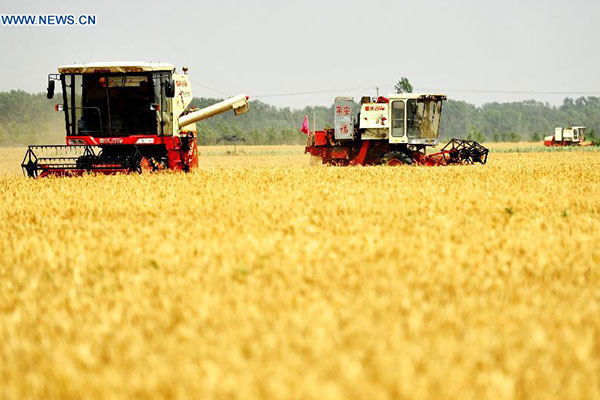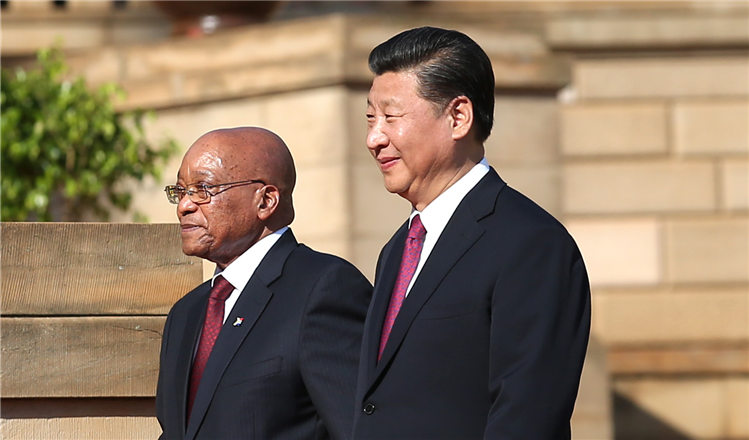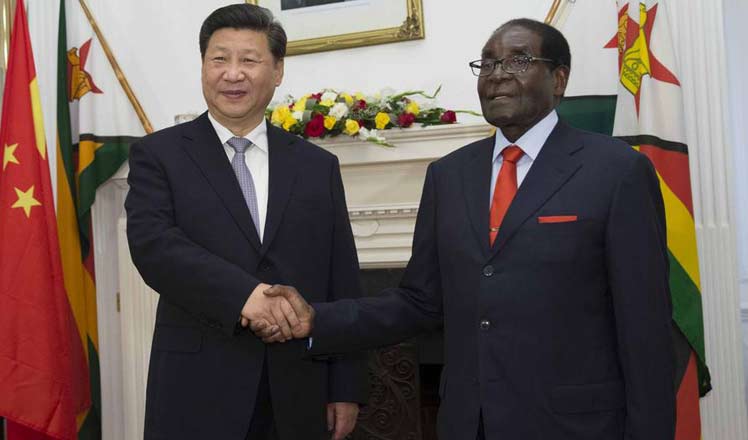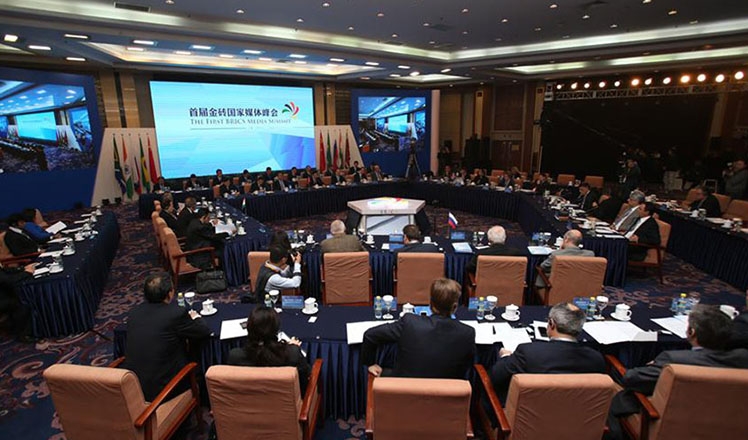Closer eye on grain subsidies
Updated: 2015-11-26 07:48
(China Daily)
|
||||||||
 |
|
Harvesters work in wheat field in Sangyuan Township of Wuqiao county, North China's Hebei province, June 14, 2015.[Photo/Xinhua] |
The recent exposure of the widespread acquisition of a huge amount of State subsidies earmarked for grain planting has revealed the loopholes in oversight and management of these State funds.
Through falsely overstating the growing area in Central China's Hubei province, more than 1,000 people, including government officials and State farmland employees in multiple cities of the province, have illegally gained more than 80 million yuan ($12.52 million).
Some of those involved have been punished and some funds have been retrieved, but the participation of such a large number of people, even some government employees, in the misappropriation of these funds is shocking. The malpractice has fully exposed the lax monitoring and management system for the policy, whose effective implementation is intended to help ensure the country's grain security.
With the world's largest population, the importance of maintaining a sufficient area of grain planting in China is self-evident. That is why the country has attached great importance to agriculture, even though its output value has declined in the country's aggregate output. Against the backdrop that low grain prices have seriously dampened farmers' enthusiasm to plant grains and prompted many to look for better-paying ways of making a living, providing subsidies has been necessary to encourage the growing of grains.
These State subsidies over the past years have played a role in raising farmers' enthusiasm and to some extent made up for the losses caused by low grain prices. And the policy should be maintained and even expanded as grain planting costs rise. But as the malpractice in Hubei indicates, not all of these funds have flowed where there are intended. This calls for stricter and more effective oversight that can prevent such misappropriation.
The ever-diminishing grain growing area, together with farmers' declining interest in growing grains, if not reversed, will pose a severe threat to the country's grain security.
- China to buy more grain abroad, shift farming focus
- Enhance Grain Production Capacity to Ensure National Food Security
- To see the world in a grain of sand
- Nanyang adopts stricter rules for imported grain safety
- China sees record summer grain output
- Grain listing in shape with COFCO, CIC venture
- Stricter policies to protect grain reserve
- Locals have tradition of drying foods during harvest season
- Beijing-Tianjin-Hebei govts to cooperate on emissions control
- Web promotion of prostitution to be targeted
- Two more spells of smog predicted to sweep North China
- Glass bridge in grand canyon of Zhangjiajie under construction
- Road rage cases pose huge safety challenge

 Can Chinese ‘white lightning’ make it in US?
Can Chinese ‘white lightning’ make it in US?
 Gunmen go on a killing spree in Southern California
Gunmen go on a killing spree in Southern California
 Chinese, South African presidents hold talks to cement partnership
Chinese, South African presidents hold talks to cement partnership
 China, Zimbabwe agree to boost cooperation
China, Zimbabwe agree to boost cooperation
 First lady visits Africa's 'new window' on China
First lady visits Africa's 'new window' on China
 BRICS media leaders to secure louder global voice
BRICS media leaders to secure louder global voice
 Western science in the eyes of Chinese emperors
Western science in the eyes of Chinese emperors
 Top 10 smartphone vendors with highest shipments in Q3 2015
Top 10 smartphone vendors with highest shipments in Q3 2015
Most Viewed
Editor's Picks

|

|

|

|

|

|
Today's Top News
Shooting rampage at US social services agency leaves 14 dead
Chinese bargain hunters are changing the retail game
Chinese president arrives in Turkey for G20 summit
Islamic State claims responsibility for Paris attacks
Obama, Netanyahu at White House seek to mend US-Israel ties
China, not Canada, is top US trade partner
Tu first Chinese to win Nobel Prize in Medicine
Huntsman says Sino-US relationship needs common goals
US Weekly

|

|








